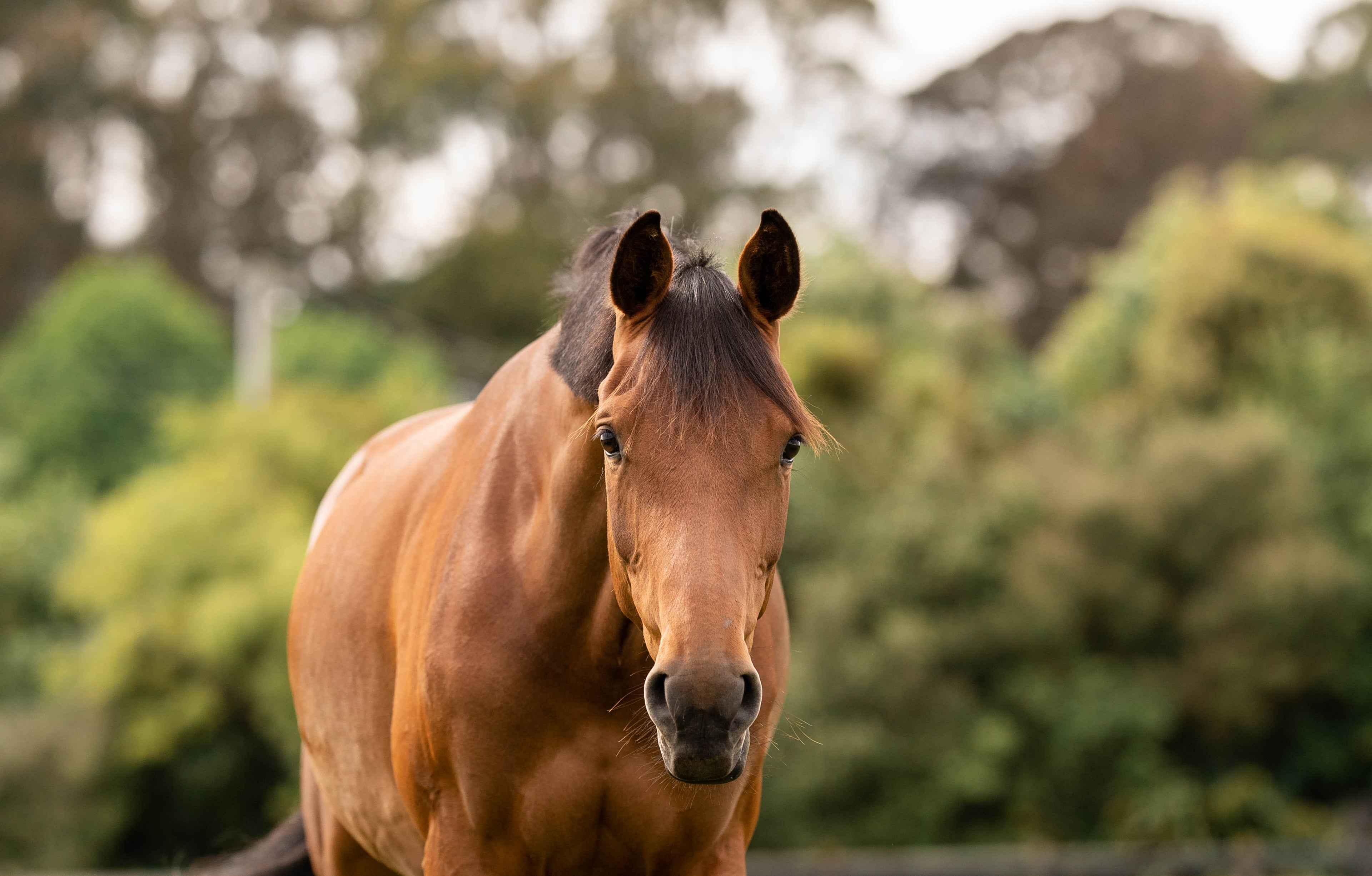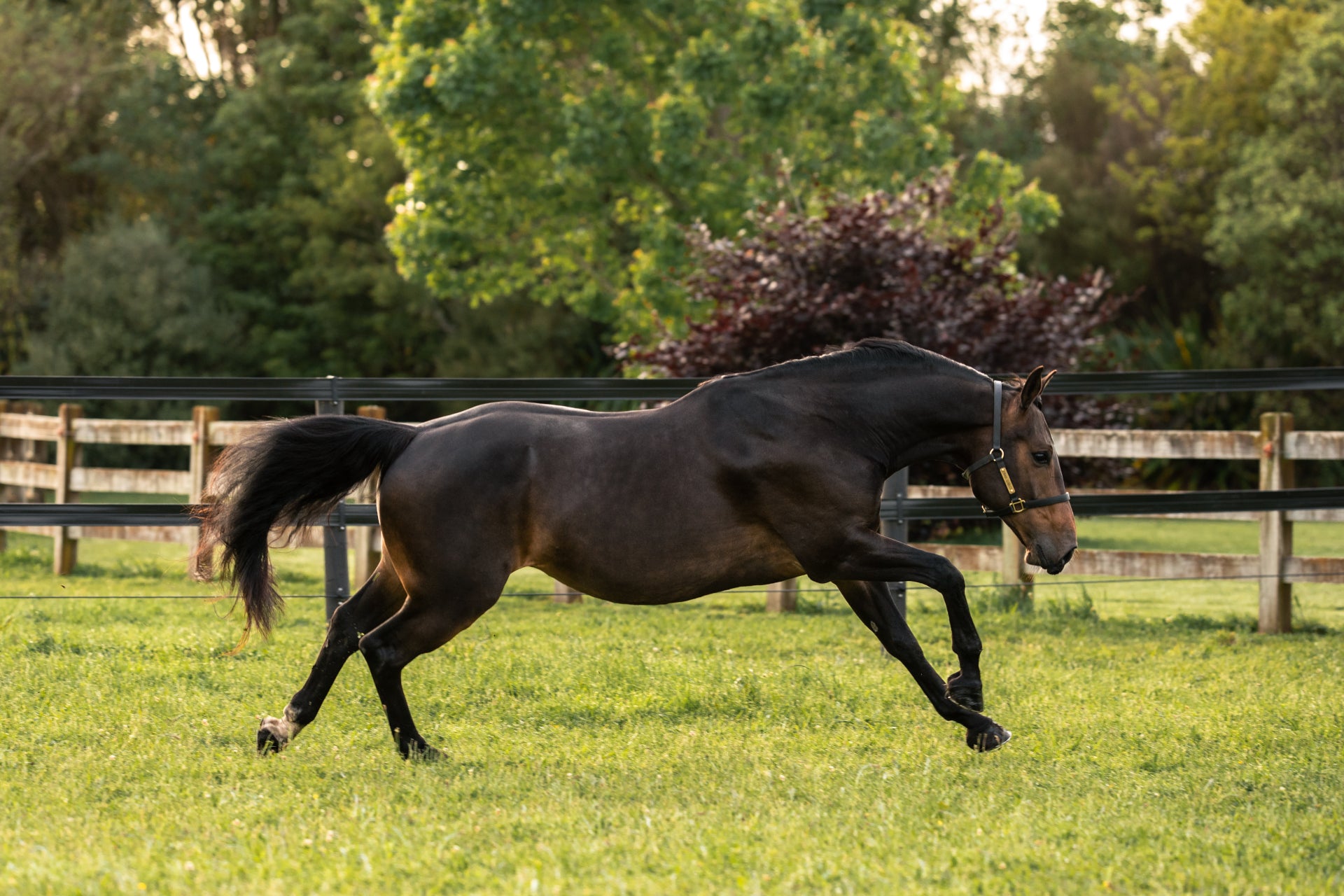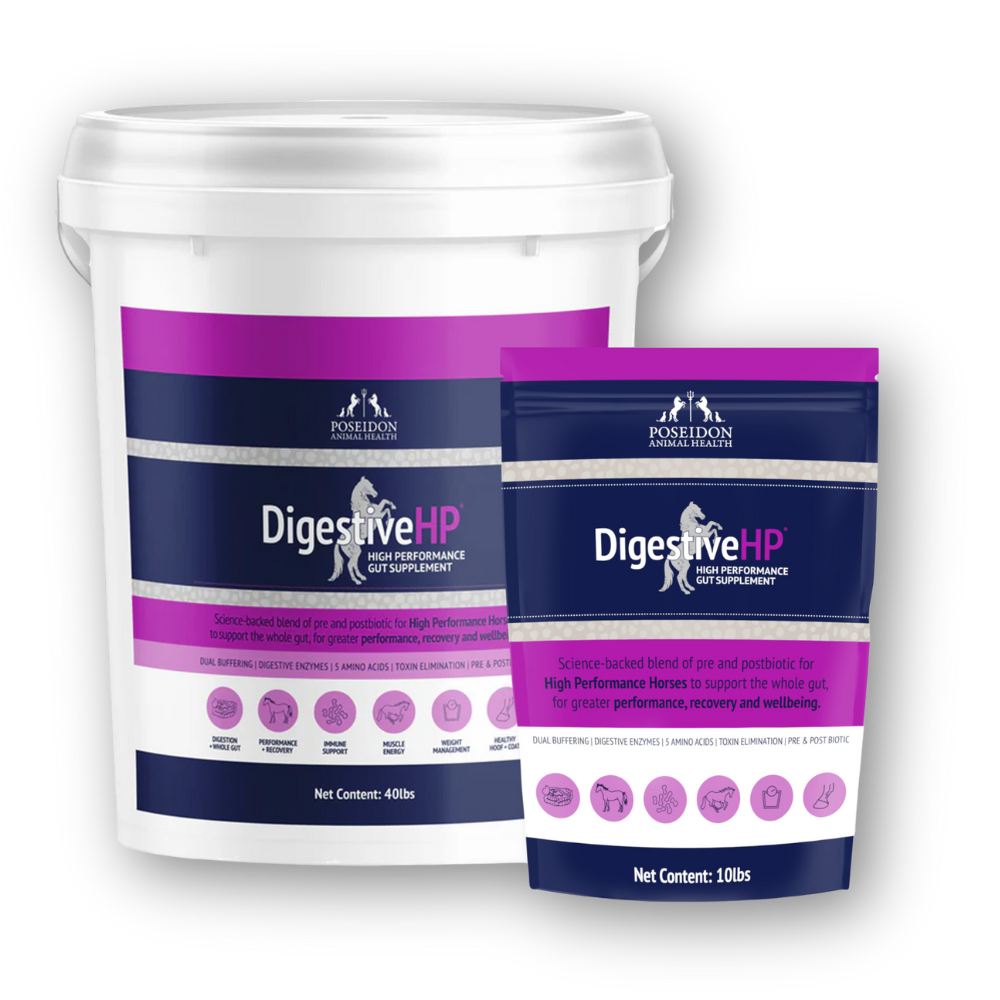
Meet the Horse’s Microbiome
The microbiome in your horse’s gut consists of trillions of microorganisms, with some harmful (pathogenic) microbes (bugs such as bacteria and fungi), but mostly symbiotic microbes which benefit the horse. However, even in a healthy horse’s hind gut, disturbances caused by illness, infection, diet changes, stress events, prolonged use of antibiotics, or other bacteria-destroying medications can disrupt a balanced microbiota, and leave the horse more susceptible to ulcers, colic, and even disease.
So what’s the key takeaway?
A healthy, balanced microbiota plays countless roles in supporting a horse’s overall health and resistance to illness, but your horse’s microbiome can be altered by changes to diet, weight loss, obesity, stress events, transport, training intensity, age and health conditions.
What is the Microbiome-Gut-Brain Axis?
Research shows that the microbiome and the horse's central nervous system communicate via a mechanism known as the “gut-brain axis.” * The horse’s gut and brain can both send information to each other through neural, neuroendocrine, and immunological signals. For example, a horse’s microbiome produces short-chain fatty acids during fermentation which influence the immune system, interact with the nervous system, and can cross the blood-brain barrier to exert an influence on the horse’s behavior.
This link between the microbiome in the intestinal tract and the central nervous system helps explain why changes to the microbiome can alter a horse’s behavior, and how the brain and the horse’s mental state (calm, stressed, etc) can affect the gastrointestinal tract’s function.
“Studies show that the gastrointestinal tract and central nervous system, (... including the brain and spinal cord), exchange information with each other, tempting researchers to wonder whether it is possible to change behavior by controlling the microbiome,” explains nutritionist, Kathleen Crandell, Ph.D.
Crandell continues; “Optimal nutrition tailored to your horse’s unique lifestyle will maximize health, quality of life, and potentially modify its behavior to reduce the negative influence of stressful situations.”
Yes; she means that your horse may be less likely to spook and bolt at a show if it has a healthy gut microbiome. How can that be?
Changes to the microbiome can change a horse’s behavior
We know that changes to the microbiome in humans is linked to changes in behavior and emotional state. Research has revealed that people with depression have less diverse microbiota than healthy individuals, indicating that diet quality can cause depression or anxiety.
The same appears to be true for horses.
Changes in the horse’s gut can influence the neurochemistry of the brain, altering the horse’s mood and behavior. This means that as well as the ability to influence energy, recovery and overall health, a horse's gut-brain axis transmits information that changes how well your horse can focus on their work, their emotions, how well they can cope with stimuli, whether they sleep well, and their appetite.
French researchers studied the behavior of 185 high performance sport horses over six months in 2019. Over that time the microbiota of the horses changed markedly, and vigilant behavior expressed by horses fed high-starch diets tended to increase when amylolytic bacteria concentrations in their gut increased. The researchers concluded that:
“Dietary-induced modulation of the hindgut microbiota is related to behavioral responses during stressful events in horses.”
This research followed up a 2015 study by the same group led by Destrez, which focused on the effect that increased starch in a horse’s diet had on their behavior. As the starch altered the horses’ microbiomes, the researchers studied their reactions to stressful events. They identified a link between hindgut microbiota indicating a high-starch diet and behavioral responses of anxiety, and stated in their conclusion:
“Changes of the hindgut microbiota due to a high-starch diet can be associated with behavioral stress response in horses. The ability of diet to modulate the microbial structure and function of the gut shows the gut microbiota to be not only a sensitive organ but also one with great potential to modulate anxiety.”
Another study in 2019 by Bulmer Et Al also concluded that high-starch diets alter equine fecal microbiota, and increase behavioral reactivity.
“Results demonstrate a clear link between diet, fecal microbial community composition and behavior. Dietary induced alterations to gut microbiota play a role in affecting the behavior of the host.”
Stress events can disrupt a horse’s healthy microbiome
Psychological stresses like feed restriction and social isolation can lead to leaky gut syndrome. Research shows that when animals become psychologically stressed, the tight junctions in their gut loosen. When this happens, pathogens, toxins and bacteria can leak from the gut to the body and can cause disease and inflammation.
When horses are stressed, they digest their food more slowly, as the nervous system enters ‘Fight, Flight or Freeze’ and blood is diverted to what the body believes are the organs critical for survival.
Nancy S Loving, DVM, writes: “Intestinal microbes are sensitive to change and to stress, taking 3–4 weeks to adapt to even just a new load of hay. Travel for short periods, like 1–2 hours, may affect the intestinal microbial community, and there are reports that horses left at home can experience similar microbiome changes when their equine companions leave their presence. In addition, medications like non-steroidal anti-inflammatory drugs, antimicrobial drugs, and dewormers have the capacity to adversely affect the intestinal microbial community.”
Dr Loving explains that stress also increases the release of the hormone norepinephrine which “directly promotes the survival of pathogenic bacteria, increases blood pressure and heart rate, and causes a horse to become hyperactive, anxious, irritable, and to sleep poorly.”
How can you support a healthy microbiome in your horse?
Now that you know how many ways stress can affect horses, and how many stress events your horse may deal with in the course of daily life, you can take proactive steps to limit the level of stress your horse experiences and to protect its microbiome from change. You will be improving your horse’s health and reducing the likelihood of uncharacteristic and unsafe behavior.
Here are some strategies you can employ to protect the gut microbiome and reduce stress in your horse’s life:
- Feed your horse a good, balanced diet with plentiful fiber and forage to help them cope with stress. A horse needs 1.5-2% of their body weight per day in forage. Once you have their dietary needs balanced, try to stick to the same hay and if you make changes to their diet, introduce them gradually. Diets based on forage with minimal grain and controlled starch are safest for a horse’s gut and will put them at lowest risk of gastric ulcers and hindgut microbiome disturbances.
- Add Digestive HP to their daily feeds to support their gut health and a flourishing microbiome.
- Have Stress Paste on hand for extra stressful situations like travel over 1 hour, competitions, intense exercise, courses of antibiotics or NSAIDs, weaning, changes in routine, ownership, and environment. You can also feed your horse alfalfa hay or fermented alfalfa before you ride or travel, and before any potentially stressful event (like farrier or dentist visits).
- Don’t leave a horse for longer than two to four hours without access to feed. Horses are designed to eat small amounts regularly, so their guts are healthiest when they have some food in them - longer periods of time between eating will increase the risk of gastric ulcers. Free choice access to hay is ideal if they are away from the field.
- Make sure horses have constant access to clean water.
- Make adjustments to decrease the stress your horse experiences daily, like regular feeding times, herd arrangements, training routines and plenty of turn out time if they are stabled.
Using common sense is a great tool for preventing stress and maintaining your horse’s wellbeing too. Now that you know that stress can be detrimental to the gut microbiome, and an unbalanced microbiome can cause stress, you can break the cycle of increasing stress that can lead to poor health and anxious or dangerous behavior.
- If your horse suddenly changes their behavior, look at what has changed – could their grass be high in sugars or fructans, has their feed brand changed, has a paddock mate left, could they be unwell or in pain?
- Look at your horse’s diet regularly, but don’t chop and change often or add too many new things. A diet with plentiful forage, a range of good fibers and Digestive HP for gut care will keep most horses in great health.
- Prepare your horse before events that could be stressful with Stress Paste
If you need help or have questions, reach out.
Our team is here to support you in caring for your horse’s wellbeing any way we can!
References:
*Mach, N., Ruet, A., Clark, A. et al., 2020. Priming for welfare: gut microbiota is associated with equitation conditions and behavior in horse athletes. Sci Rep 10, 8311
Bäuerlein, Viola, et al. "Effects of feeding alfalfa hay in comparison to meadow hay on the gastric mucosa in adult Warmblood horses." Pferdeheilkunde 35.1 (2020): 29-36.
Arias-Esquivel, Ana Margarita, et al. "Gut Microbiome Characteristics Of Horses With History Of Cribbing Behavior: An Observational Study." Journal of Veterinary Behavior (2023).
Johnson, K. V. A. & Foster, K. R. Why does the microbiome affect behaviour?. Nat. Rev. Microbiol. 16, 647–655 (2018).
Destrez, A., Grimm, P. & Julliand, V. Dietary-induced modulation of the hindgut microbiota is related to behavioral responses during stressful events in horses. Physiol. Behav. 202, 94–100 (2019).
Bulmer, L. S. et al. High-starch diets alter equine faecal microbiota and increase behavioural reactivity. Sci. Rep. 9, 18621 (2019).











